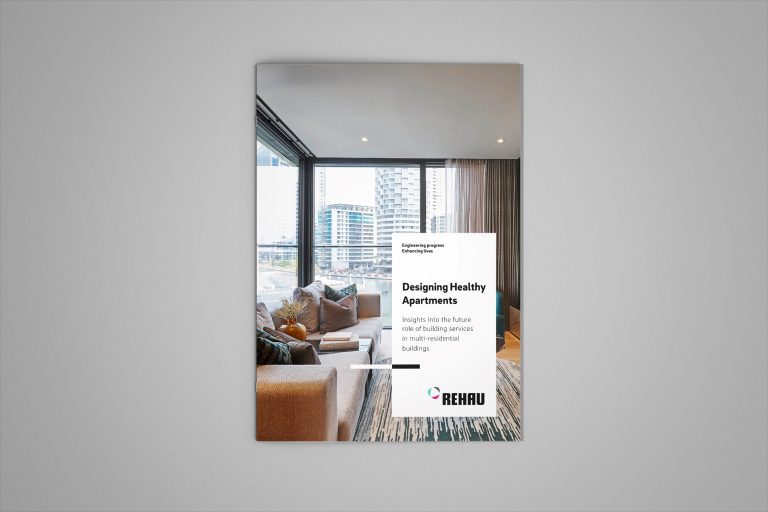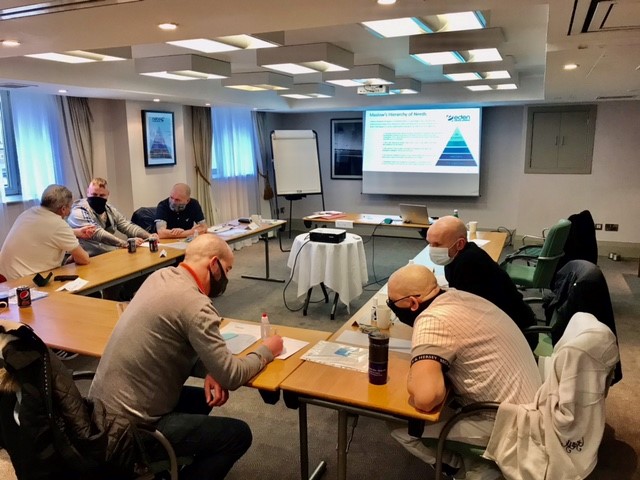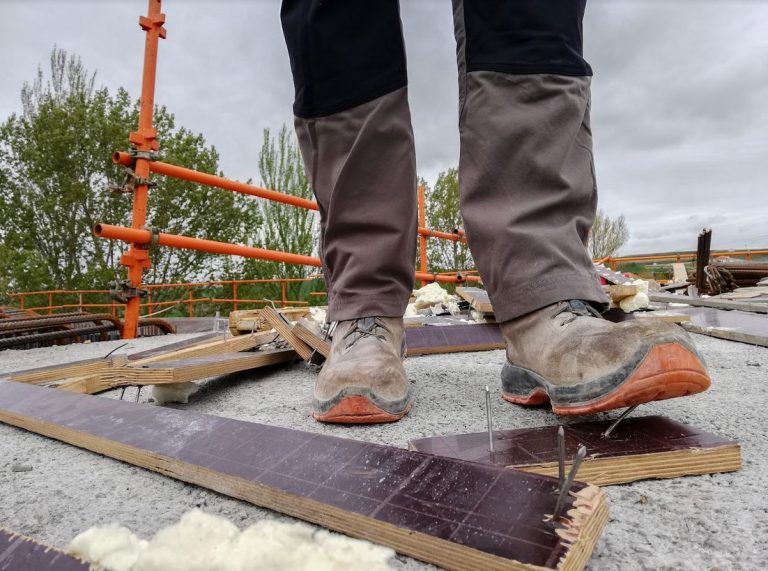If you want your construction business to stand out from its competitors, consider making a shift to digital marketing. For several years, online marketing campaigns are on a steady rise. And for a good reason, digital marketing provides leverage to small businesses and startups but at lower costs. Whether you’re already harnessing digital marketing techniques or are still planning to start your campaign, here’s how you can work smart and integrate the best marketing trends in the construction industry today and for years to come. 1. Content marketing Content marketing is a long-term marketing campaign that can be used in either the initial or current stages of your business. At the onset, it can be used to create brand awareness. Done continuously, it can be helpful in slowly building your brand, and later, improve brand reputation and trust. Blogs, graphics, video blogs, social media posts, and any informative post online, as long as it’s high-value, can be beneficial in cementing your place in the industry. A good strategy is to make everything user-centric, meaning you have come up with content that your audience will take an interest in and share with their peers. 2. Search Engine Optimization (SEO) SEO is a set of techniques that allow a construction company to boost its search rankings, helping raise awareness about the brand. A company that appears high in search engines receives more site clicks and visits and conveys trustworthiness. Put simply, SEO methods include understanding search algorithms to know how they rank and adjusting your content based on these factors. This may mean changing your content to accommodate these criteria. One good strategy is to conduct a simple web search based on specific keywords that apply to you. For instance, type ‘best new construction companies near me,’ and see if your company appears. Also, analyze how your competitors use their strategies to rank high in search engines. Practicing effective SEO techniques requires the help of a digital marketing specialist team, like Caffeine Cheltenham, to work efficiently. 3. Paid digital ads In pay-per-click (PPC) advertising, a construction company, or any business organization for that matter, will only pay once a user clicks on the ad and visits their website. When availing of this ad service, a company’s ad will be placed on top of search results or on another site to increase traffic on the advertiser’s website. The construction company’s ad will appear on the search results based on the keywords typed by the user. Display ads appear ubiquitously on the various parts of the site’s content. It’s said that these types of ads effectively reach more than 90% of internet users. The popularity of social media platforms has made ads an emerging marketing trend. And these popular platforms are using it to their advantage. These sites harness artificial intelligence to program advertisements to specific users based on their interests, age, gender, and hobbies, among other factors. 4. Video marketing Video marketing is another emerging strategy for most businesses, including the infrastructure sector. This strategy is beneficial for companies because it allows the marketing team to produce videos to market products and services more effectively. According to a survey done by HubSpot, a top sales and marketing software company, a brand’s marketing video convinced 81% of customers to avail of a product or service after watching it. Additionally, 76% of the marketers were under the impression that a marketing video was vital in increasing sales and traffic. Of all the various content forms, videos are the most engaging, where brand recall was also highest, according to ‘Media Equivalence Study: Video,’ done by Mediaplus Group, SevenOne Media, and Google Germany. Whether introducing a new product, creating an exciting story about the company’s origins, client testimonials, or expounding the benefits of your goods and services, consider producing a video for more appealing content. 5. Email marketing Email distribution is one of the most cost-effective digital marketing strategies you can use these days. These can come from information emails, digital newsletters, product updates, and welcome emails. These email blasts can help increase your client base, look for potential leads, and promote customer retention. As a construction company, you can send newsletters to your customers and promotional updates on deals and discounts for existing clients. New customers may also be offered helpful content, whether informational blogs, videos, links to webinars, and more, just to keep sparking their interest in your brand. What about traditional marketing? Traditional marketing such as television, event hosting, billboards, and other forms of print advertising are still needed but will command lesser attention than digital marketing campaigns. The Bottom Line Whether a newly-established business or an industry veteran, organizations, especially construction companies, should shift to digital marketing in 2021 and beyond. SEO, content, and video marketing, and digital paid ads are the most popular marketing strategies. They’re not only practical but budget-friendly and offer measurable results, as well.











